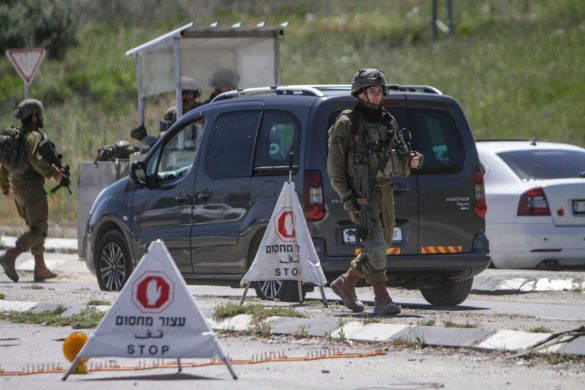“Much work left to do” on cluster munitions (klyngebomber)
MADRID, 10 June 2010 (IRIN): Great strides have been made in getting cluster munitions banned but there is still some way to go, said campaigners at a global conference on the Convention on Cluster Munitions (CCM) that ended on 9 June in Santiago, Chile.
The CCM, which “prohibits all use, stockpiling, production and transfer of cluster munitions”, was adopted by 107 states on 30 May 2008 in Dublin, signed on 3 December of the same year in Oslo, and will become binding international law on 1 August 2010.
– It is great to see that more than 100 governments are taking part in the conference, including non-signatories such as Argentina and Vietnam. We have also been very pleased with the liveliness of the debate, Cluster Munitions Coalition (CMC) coordinator Thomas Nash told IRIN.
The conference sought to put together a plan of action to imple-ment the Conven-tion, and laid the groundwork for the first meeting of States Parties in Laos in November this year.
– There is much work left to do – there are countries that have not sig-ned the convention yet, and many others that have signed but not ratified, said CMC campaigner Branislav Kapetanovic, a former deminer from Serbia who lost his hands and feet during a demining accident in the former Yugoslavia.
So far, 106 states have signed the convention and 36 have ratified it (folkeretligt undertegnet).
Signatories that have yet to ratify the convention are bound by the Vienna Convention on the Law of Treaties to ensure they do not act against the object and purpose of the convention, although they are not bound to implement its content as such, Nash said.
Nonetheless, human rights activists say the very nature of cluster munitions – also known as cluster bombs – puts civilians at risk.
These indiscriminate weapons are dropped from the air or deployed by ground-based delivery systems that often distribute hundreds of bomblets, or submunitions, which can cover an area the size of several football fields.
Many of the bomblets fail to explode – by design or flaw – and remain a threat to lives and livelihoods many years after a conflict has ended. In some cases, such as in Lebanon in the wake of the 2006 Israel-Hezbollah war, the failure rate was as high as 40 percent, according to the UN.
To some extent the global response to the use of cluster munitions in Lebanon spearheaded efforts to ban these weapons once and for all. Countries whose people have long suffered the effects of cluster bombs include Angola, Kosovo, Iraq and Laos.
– A change has already happened – many countries have come to the conclusion that cluster munitions are an indiscriminate weapon, and populations understand the danger that the weapon poses, Kapetanovic said.














